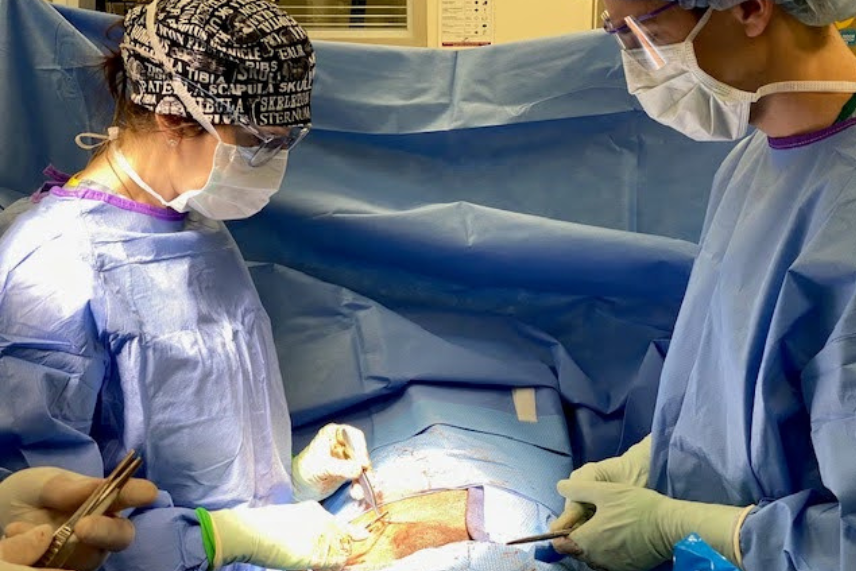
October 22, 2025
Gastrointestinal (GI) health is crucial for one’s overall well-being. Digestive issues can be distressing and disruptive to your daily life. While many GI conditions can be managed with dietary changes and medication, some may require surgical intervention. DFW Bariatrics and General Surgery can help by providing comprehensive care for your GI needs, from diagnosis to treatment and recovery. In this blog, we will delve into the details of GI illnesses, indications for surgical intervention, and food habits to improve your gut health.
What is Gastrointestinal Illness?
The gastrointestinal system, or GI tract, is a complex network of organs responsible for digesting food, absorbing nutrients, and eliminating waste. A gastrointestinal illness occurs when any part of this system malfunctions. Common types of GI illnesses include gallstones, hernia, diverticulitis, and gastroesophageal reflux disease (GERD).
Symptoms of GI illnesses vary depending on the underlying condition but may include abdominal pain, bloating, diarrhea, constipation, nausea, vomiting, and heartburn. Diagnosing the root cause often involves a combination of medical history, physical examination, and diagnostic tests like endoscopy.
Chronic GI illnesses can significantly impact your overall health and quality of life, leading to malnutrition, fatigue, and reduced productivity. Early examination and treatment can prevent GI illnesses from causing complications such as intestinal blockages and cancer.
When Does Surgery Become Crucial?
Surgical intervention for GI issues is typically considered when other treatment options have failed to provide relief or when the condition poses a serious health risk. Conditions that may necessitate surgery include an inflamed or blocked gallbladder, colon cancer, hernias, rectal prolapse, and diverticulitis.
DFW Bariatrics and General Surgery offers a range of minimally invasive surgical procedures to address various GI conditions. Common GI surgeries include laparoscopic cholecystectomy (gallbladder removal), colectomy (removal of part or all of the colon), and fundoplication (surgery for GERD). These procedures are performed to alleviate symptoms, prevent complications, and improve the patient’s quality of life.
While surgery can be a life-changing solution, it’s essential to weigh the potential benefits against the risks. Our experienced surgeons will thoroughly discuss the procedure, its potential outcomes, and any associated risks with you.
Food Options to Improve Your Gut Health
Maintaining a healthy diet plays a vital role in managing and preventing many GI issues. Incorporating gut-healthy foods into your daily routine can help support digestive function and overall well-being.
Foods rich in fiber, such as whole grains, fruits, and vegetables, are essential for promoting regular bowel movements and preventing constipation. Probiotic-rich foods like yogurt and kefir can help balance gut bacteria. Additionally, lean proteins, healthy fats, and plenty of water contribute to optimal GI health.
When recovering from GI surgery, nourishing your body with the right nutrients is crucial for healing. Our team can provide personalized dietary recommendations to support your recovery journey.
Conclusion
Living with a gastrointestinal illness can be challenging, but with the right care and support, you can manage your symptoms and improve your quality of life. DFW Bariatrics and General Surgery is dedicated to providing comprehensive surgical care for patients in Dallas, Fort Worth, Mansfield, and Plano. If you’re struggling with persistent GI symptoms, don’t hesitate to consult our doctors. We can help determine the best course of treatment for your individual needs. To schedule an appointment or learn more about gastrointestinal surgery, call (469) 620-0222 or email us at [email protected].
